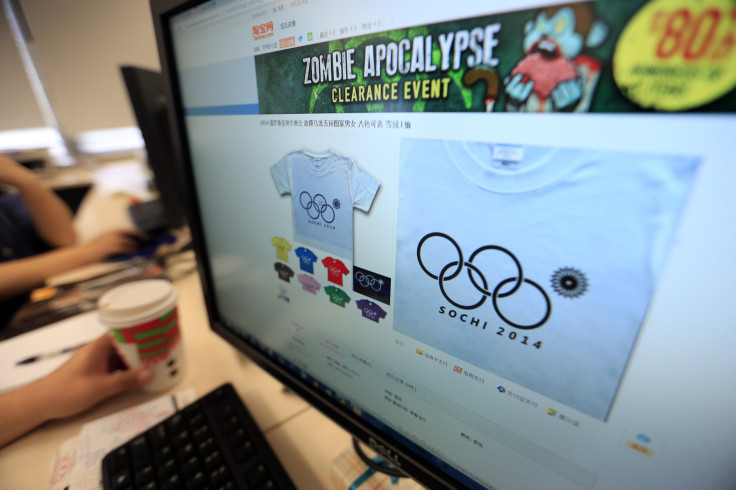US Trade Rep. Leaves Alibaba's Taobao Off 'Notorious' List, But They're Not Out Of The Woods Yet

The U.S. Trade Representative announced for the third consecutive year that it won't include Alibaba's Taobao marketplace on a list of the most flagrant sellers of pirated goods. Yet the U.S. advisory group did warn that it will continue to monitor the Taobao marketplace after a Chinese government report detailed a number of complaints from copyright holders about their products being replicated and sold there.
“Commercial scale trademark counterfeiting and copyright piracy cause significant financial losses for rights holders and legitimate businesses, undermine critical U.S. comparative advantages in innovation and creativity to the detriment of American workers, and can pose significant risks to consumer health and safety,” the trade representative said in an overview of the list in question Thursday. “The Notorious Markets List highlights select online and physical marketplaces that reportedly engage in and facilitate substantial copyright piracy and trademark counterfeiting.”
Alibaba's Taobao market was first removed from the list in 2012 after the trade representative was satisfied with Alibaba's efforts to remove millions of listings of bootleg goods from sale in China. That was an important win for Alibaba, which by then had begun hiring former U.S. government officials and started the westernization process that would culminate with the e-commerce company's debut on the Nasdaq last year.
But with nearly 9 million sellers and over 1 billion products for sale, Taobao is so large that it's difficult for the company to regulate what products are for sale, especially when pirated goods have such a foothold in China.
“USTR encourages the company to continue working with stakeholders to address ongoing complaints, [and] will continue to monitor the situation,” the agency said, as quoted by the Wall Street Journal.
© Copyright IBTimes 2024. All rights reserved.



















